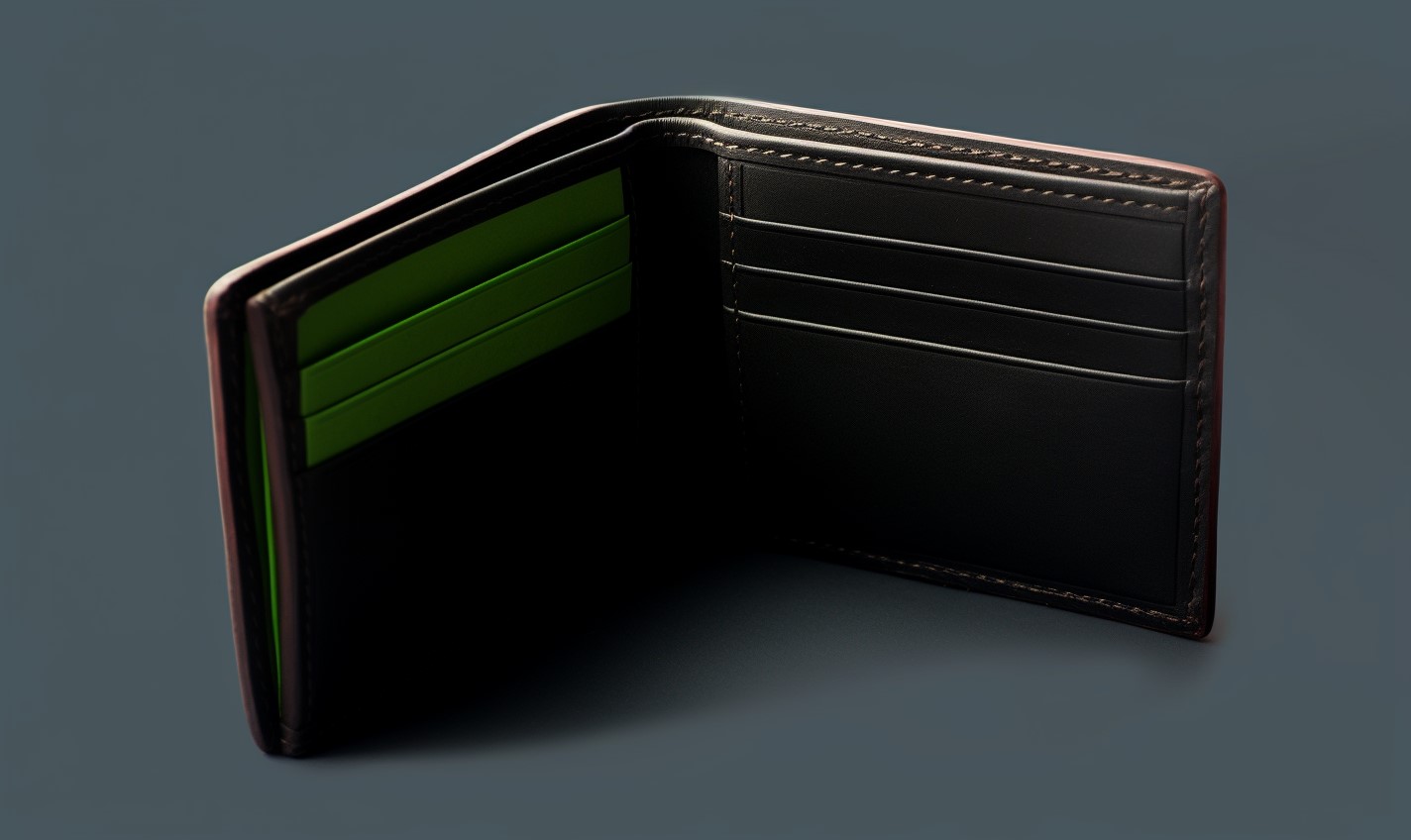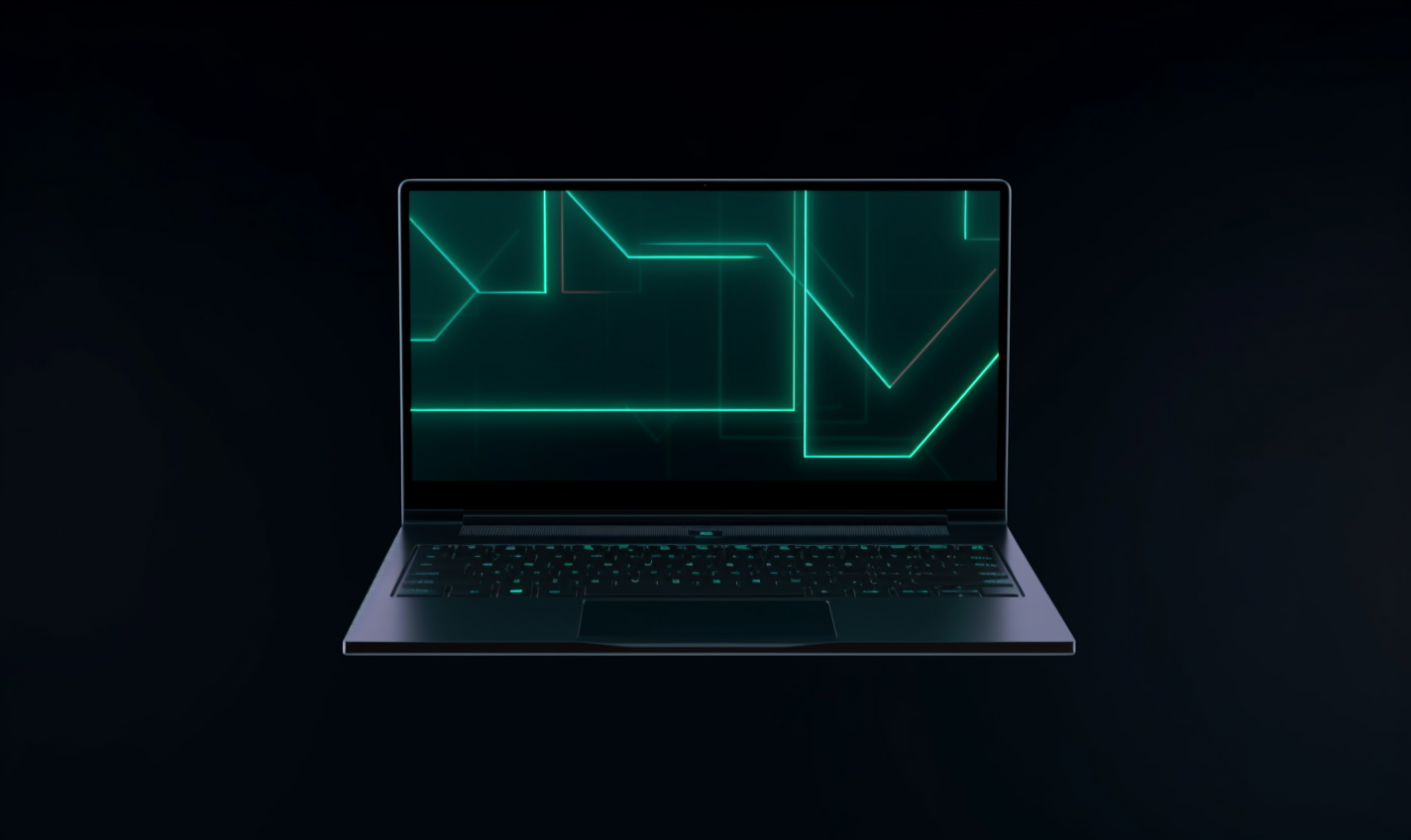Do you ever feel like somebody’s watching you? You’re probably aware that brands and advertisers can see a lot of your activity when you browse the web. If you’ve noticed Google’s Incognito Mode on iPhone, it seems to offer a solution. Is it trustworthy, though?
When you enter Incognito mode on iPhone, it says, “Your recent activity and search history aren’t available when you’re in incognito.” That means it keeps all of your browsing private, right? Well, yes and no.
Incognito Mode, on iPhone or otherwise, does provide some privacy. It may not be as closed as you think, though. Here’s a closer look.
What Does Incognito Mode on iPhone Do?
If you enter Incognito Mode on the Chrome app instead of the Google app, you’ll see a different message. This one has some more information. It’ll tell you that others who use that device can’t see your history, which is the key here.
In Incognito Mode, Google won’t save your browsing history and will delete cookies once you exit. Anything you enter in a website or permissions you grant won’t last either. If someone else gets on your iPhone, they won’t be able to see anything you did.
Protecting your privacy from other users is the core of Incognito Mode. If you’re worried about someone using your device and seeing your embarrassing search history, Incognito’s got your back. If you’re trying to avoid those pesky target ads, though, you’ll need another solution.
What Incognito Mode on iPhone Doesn’t Do
While Incognito Mode on iPhone does hide your browsing history from your phone, it doesn’t hide it from websites. Any websites you visit will still be able to tell you visited them. The same goes for advertisers, so you can expect some targeted ads based on your Incognito searches.
Whoever runs the network you’re using will also be able to see your activity. Therefore, you’re not invisible to your internet service provider (ISP) or the business whose Wi-Fi you’re using. It’s not just your activity that will be visible, either.
Incognito doesn’t hide your IP address or location from ISPs, websites or advertisers. It won’t give you any extra security, either. When you use Incognito Mode, you’re only hiding from other users on your device.
Legal Trouble for Google
If you look at Google’s explanation of private browsing, they’re upfront about all of this. Still, some other misconceptions about Incognito Mode may have landed them in some hot water. Google now faces a $5 billion class-action lawsuit for allegedly violating some privacy laws.
According to the suit, Google infringed the Federal Wiretap Act and the California Invasion of Privacy Act. The plaintiffs argue that Google tracks users in Incognito Mode, misleading them about their privacy. Google maintains that they’re innocent, saying they tell you upfront that websites can still see your data.
That’s not the only trouble Google faces, either. Websites aren’t supposed to know if you’re in Incognito Mode or not, but an unfixed bug allows them to do so. Google said they would fix this issue in 2019, but the problem is still there.
Guard Your Privacy When Using Incognito Mode on iPhone
All of this is to say that incognito mode on iPhone may not be as private as you think. Judging by the lawsuit and unfixed bug, it seems Google may be a bit misleading about it, too. Before you go wild on Incognito Mode, remember it’s not as secure as it looks.
Keeping a secret on the internet is not an easy thing to do. If you want to stay private, you’ll have to use something else, like a virtual private network (VPN). If all you want to do is hide your activity from other users, though, Incognito Mode can do that.
Recent Stories
Follow Us On
Get the latest tech stories and news in seconds!
Sign up for our newsletter below to receive updates about technology trends














